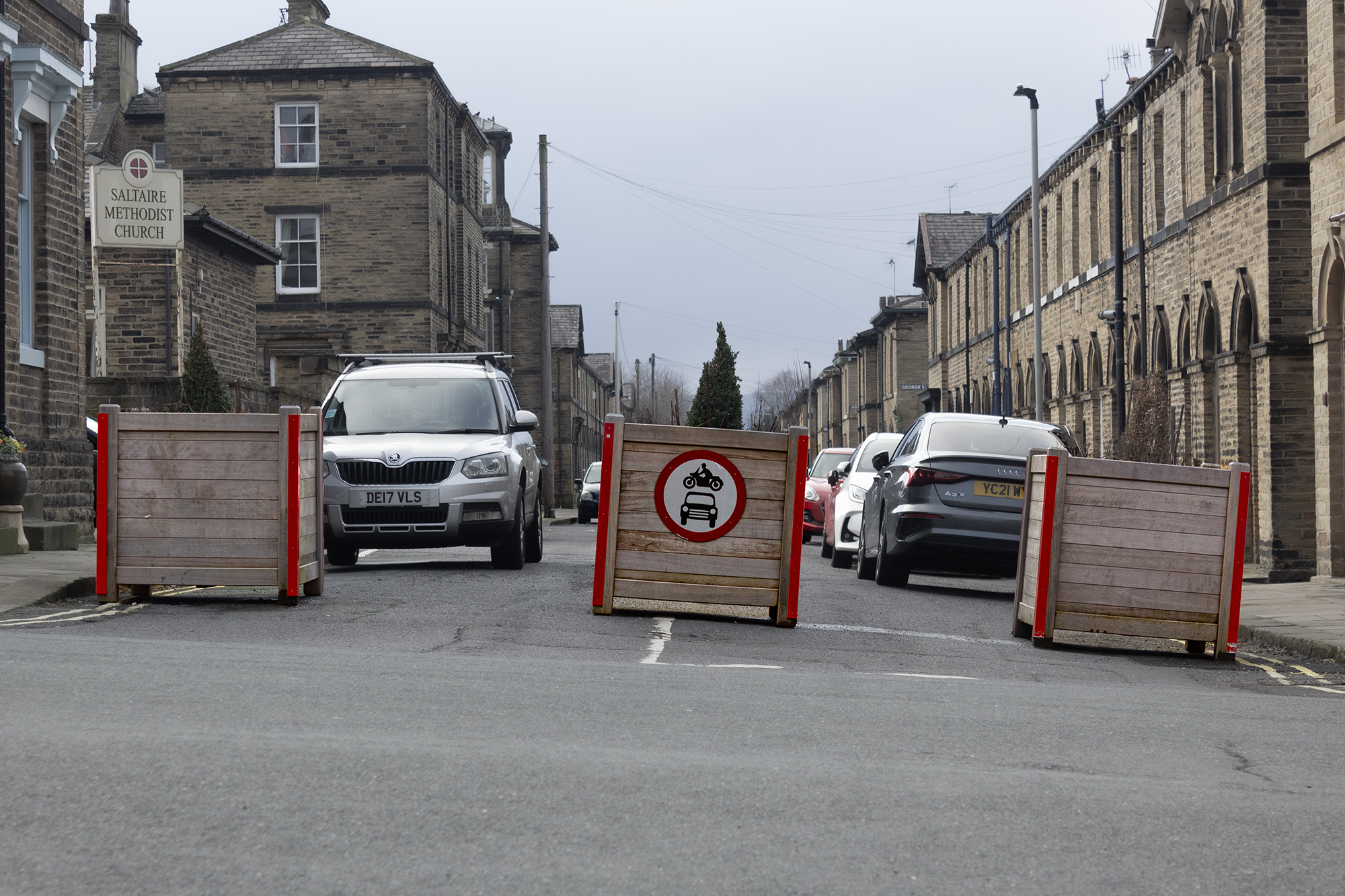
In recent years, the European Union has taken a leading role in developing policies to combat and mitigate climate change, such as the European Green Deal. However, in the context of low levels of political trust and growing inequality, climate-related policies are increasingly becoming a source of political friction across the continent.
Populist political parties have seized on these divisions as a means of arguing against not only climate measures, but EU institutions more broadly. If policymakers cannot build public consent for climate action, public opposition could be a significant barrier to European nations meeting the commitments made in the global Paris Agreement.
In this EU Policy Briefing, we provide an overview of our in-depth report, Driving Disinformation, – our research into the dynamics of local government and public engagement around a UK climate policy – Low Traffic Neighbourhoods (LTNs) – and the national public backlash that ensued.
In partnership with the Public Interest News Foundation (PINF), we considered:
- How do disinformation campaigns weaponise and amplify existing social divisions in local communities surrounding a climate policy?
- What is the role of local information ecosystems in challenging this?
Our paper contains transferable, practical insights for our EU counterparts and highlights the deep work needed to strengthen local relationships and democratic infrastructure and enable future climate policies to succeed with and for our communities
